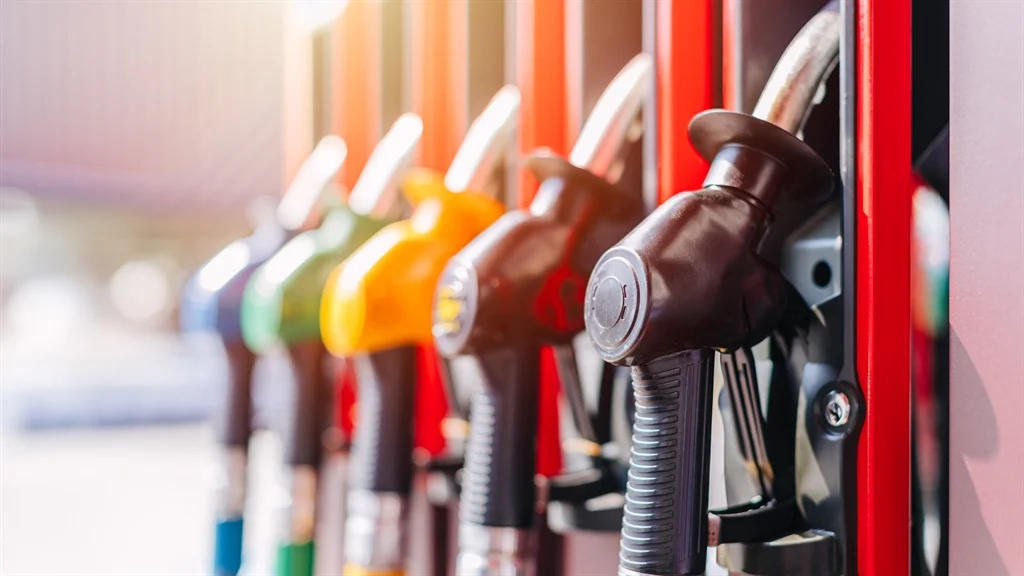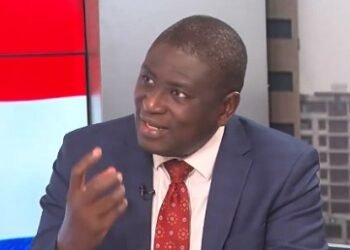Ghanaians could face a steep increase in fuel prices in the coming days, despite enjoying a modest drop at the pumps this week, the Chamber of Oil Marketing Companies (COMAC) has cautioned.
According to the Chief Executive Officer of the Chamber, Dr. Riverson Oppong, international oil market trends and domestic pricing dynamics are converging to push prices higher in the next pricing window.
“You’re currently benefitting from a reduction this week, but I can’t promise for next week.
“There are strong signals suggesting that fuel prices will rise sharply.”
Dr. Riverson Oppong, CEO of COMAC
The current slight decrease in prices, which many consumers had hoped would offer some medium-term respite, has been described by industry analysts as short-lived.
Petrol prices fell by around 2% this week—far lower than anticipated, given the recent appreciation of the Ghanaian cedi.
Dr. Oppong explained that the expected price relief was effectively neutralized by international factors and was only made possible due to the government’s decision to temporarily suspend the GH¢1 Energy Sector Shortfall and Debt Repayment Levy (ESSDRL), initially slated to take effect on June 9.
“When we got the directive on Saturday that the GH¢1 had been suspended, it brought things to the same level.
“The cedi was appreciating slightly, but the international benchmark prices were also inching up. They actually buffered each other.”
Dr. Riverson Oppong, CEO of COMAC

According to Dr. Oppong, without the suspension of the levy, consumers would have faced a 9.5% increase in pump prices this week alone.
Looking ahead, the COMAC boss revealed that the upcoming pricing window, beginning in July, is likely to see significant hikes.
He expressed concern that some Bulk Distribution Companies (BDCs) and Oil Marketing Companies (OMCs) could start hoarding products in anticipation of higher prices and profit margins.
“Next week, two things might happen, and I’m engaging the Chamber of Bulk Oil Distributors (CBOD).
“You might see BDCs hoarding product waiting for the next window because, for sure, prices will go up. OMCs could also delay selling.”
Dr. Riverson Oppong, CEO of COMAC
Hoarding fuel, even for short periods, can lead to artificial shortages at the retail level, resulting in long queues at fuel stations and unnecessary panic buying.
“We are taking steps to ensure that hoarding does not become a systemic response.
“It can destabilize the market further and hurt both businesses and consumers.”
Dr. Riverson Oppong, CEO of COMAC
Volatile Global Oil Market Adds Pressure

The warning comes against the backdrop of heightened global oil market volatility, particularly due to escalating geopolitical tensions in the Middle East.
Brent crude prices currently hovering near $77 per barrel. This trend is placing increased pressure on fuel-importing nations like Ghana, where local prices are sensitive to both global market movements and the strength of the cedi.
Though the government’s recent intervention through the suspension of the GH¢1 levy offered temporary relief, the broader market fundamentals are trending unfavorably for consumers.
The ongoing volatility has raised fresh questions about the sustainability of Ghana’s current pricing structure and whether government can continue to cushion consumers.
Analysts warn that without strategic policy measures such as improved fuel stockpiling, investment in refinery capacity, or even fiscal buffers, Ghanaians will continue to bear the brunt of international price shocks.

“The reality is that global prices are not something we can control.
“But what we can do is build resilience within our system and avoid knee-jerk policy decisions that create uncertainty for market participants.”
Dr. Riverson Oppong, CEO of COMAC
With pump prices expected to rise significantly in the next pricing window, Ghanaian consumers are being urged to brace for higher costs at the pump.
Meanwhile, COMAC’s engagement with key stakeholders, including the CBOD, aims to prevent panic-driven practices such as hoarding, which could further complicate the situation.
The Chamber has called on the government to adopt a long-term fuel pricing and stabilization strategy to shield the economy from the volatility of the global oil market.
READ ALSO: Cedi to Remain Stable Against Major Currencies- Finance Minister Assures Ghanaians























